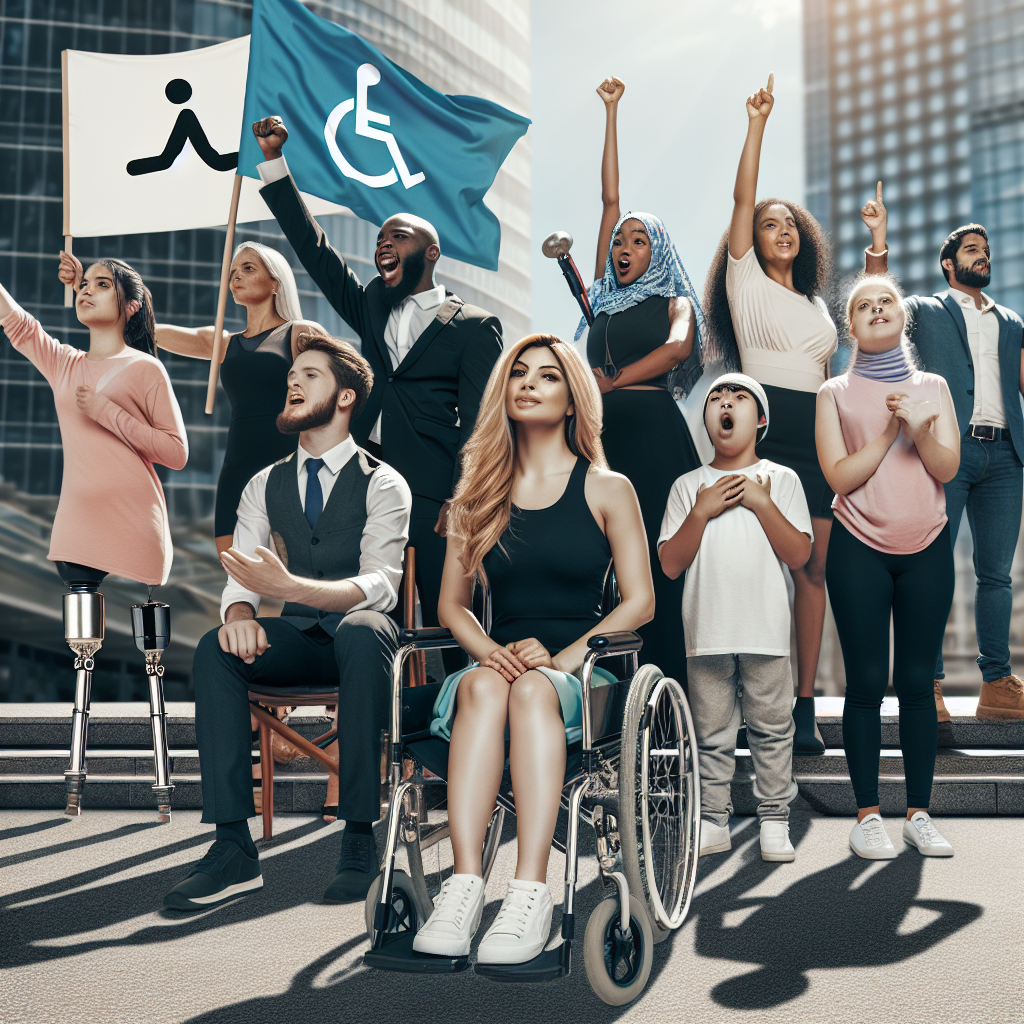Redefining Disability Rights: From Charity to Constitutional Equality
The Supreme Court emphasizes a shift from a charity-based model to a rights-based framework for disability rights in India. The judiciary's role in interpreting legal standards highlights the need for structural change to ensure true inclusion and equality for persons with disabilities within constitutional promises.

- Country:
- India
The Supreme Court has highlighted a significant shift in India's approach to disability rights, moving away from a charity-focused model to one centered on rights and inclusion. This evolution underscores the pivotal role of the judiciary in interpreting legal provisions to support structural changes in favor of individuals with disabilities.
Justices Vikram Nath and Sandeep Mehta underscored how disability should not merely be viewed in medical terms but as a structural disadvantage requiring redressal. They argued that legal systems need to regard disability as an integral part of human diversity, urging for inclusive practices and increased accessibility.
The court's recent proceedings discussed the Rights of Persons with Disabilities Act, 2016, and the Mental Healthcare Act, 2017, emphasizing the judiciary's contributions in fostering equality and dignity. These discussions aim to bridge the gap between constitutional ideals and the lived realities of citizens with disabilities, advocating for their participation and rights.
(With inputs from agencies.)










